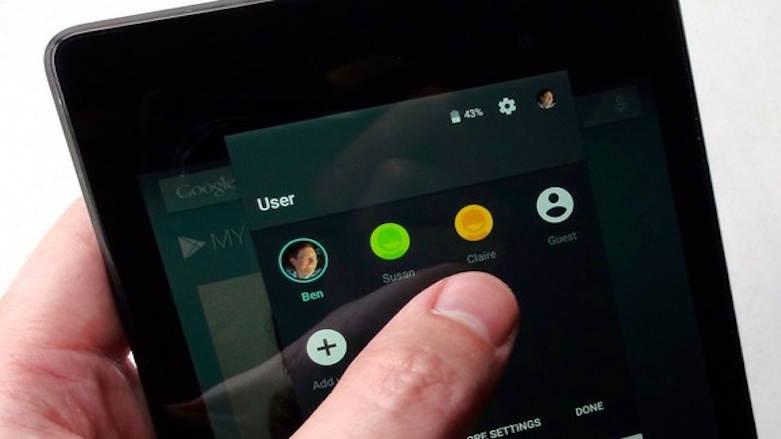US flights from Middle East, Turkey, Morocco ban electronics

LOS ANGELES, United States (Kurdistan24) – Passengers who travel to the United States from 10 countries will not be allowed to carry electronics beyond a cellphone inside the planes, two senior American counterterrorism officials said.
The restriction includes American citizens, as well as trusted and frequent flyers, who enter the US from the Middle East, North Africa, and Turkey.
Flight attendants and aircraft crew are unaffected by the ban, according to officials who clarified the terms of the restrictions.
Moreover, the ban only affects foreign airliners not American-operated ones.
According to US intelligence, the Islamic State (IS) has been able to build bombs that can be placed inside electronic devices such as iPads, laptop computers, E-readers, tablet computers, cameras, DVD players, and game players.
However, the US administration under President Donald Trump said the new restrictions do not signify a specific threat of an imminent attack.
Officials said the alert reflects concerns IS was ready to launch new capabilities against the West.
The Department of Homeland Security (DHS) added these items might be inspected inside checked luggage.
“We have reason to be concerned about attempts by terrorist groups to circumvent aviation security,” the DHS statement read.
“Terrorist groups continue to target aviation interests,” the report continued.
Both the United States and Britain have imposed the ban on flights from some airports in Egypt, Jordan, Saudi Arabia, and Turkey.
Additionally, Washington restricted some flights from Kuwait, Morocco, Qatar, and the United Arab Emirates.
London, meanwhile, restricted flights from some airports in Lebanon and Tunisia as well.
The DHS added the measures would be in place “until the threat changes.”
Editing by Karzan Sulaivany
